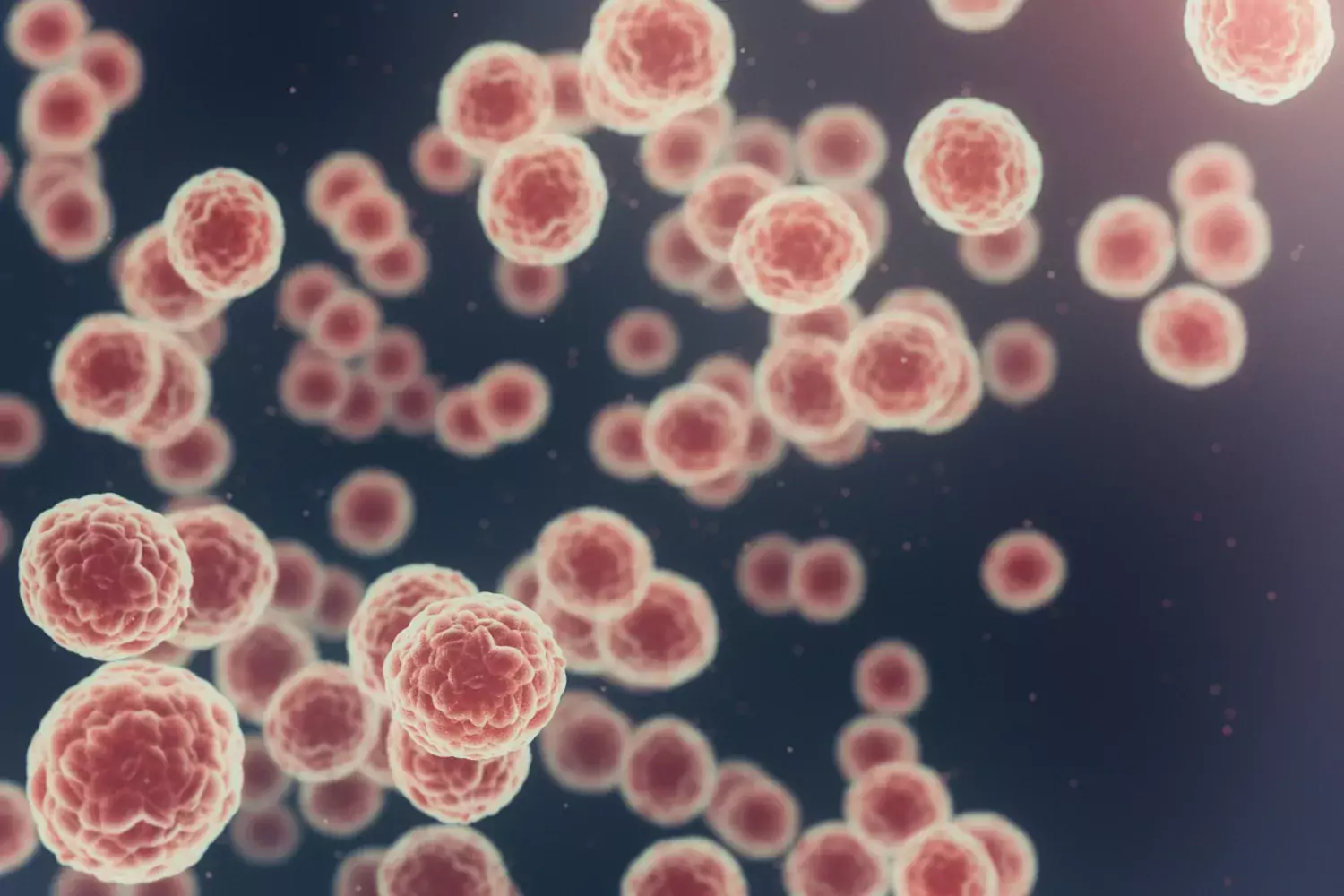New method for early detection of relapse in the blood cancer disease myelodysplastic syndrome

Researchers at the Department of Medicine, Huddinge (MedH), Magnus Tobiasson and Eva Hellström-Lindberg have together with the Nordic MDS group developed a method that makes it possible to detect early relapse of the blood cancer myelodysplastic syndrome after stem cell transplantation. The method makes it possible to initiate early treatment and thus hopefully prevent relapse. The study has been published in the Journal of Clinical Oncology.

What was the main finding of the study?
“We used a technique called digital droplet PCR to track the mutations found in the sick cells and we showed that this method can detect residual cells early before the patient gets a full clinical relapse,” says Magnus Tobiasson, associate professor at the Department of Medicine, Huddinge at Karolinska Institutet.
Why are the results important?
Relapse after a stem cell transplantation is common for patients with myelodysplastic syndrome, and the prognosis after a relapse is poor. We have now developed a method to detect remaining sick cells, which makes it possible to give early treatment and hopefully prevent relapse.
How did you conduct the study?
We included 266 patients from transplant hospitals in Sweden, Norway, Denmark, and Finland. We collected bone marrow and blood regularly from these patients and performed our PCR analyses. Data from the study show that we were able to detect residual sick cells on average 71 days before the patient relapsed.
What is the next step in your research?
We have now started the next study where this method of detecting remaining sick cells is used to guide treatment after transplantation. The treating physician gets results on whether there are remaining sick cells and can adapt the treatment accordingly.
The study was a collaboration between Karolinska Institutet, Karolinska University Hospital, the Nordic MDS Group and Uppsala University.
The main funders were the Swedish Research Council, the Swedish Cancer Society, and the Tobias Foundation. The authors of the study have not declared any conflicts of interest.
Publication
Patient-Specific Measurable Residual Disease Markers Predict Outcome in Patients With Myelodysplastic Syndrome and Related Diseases After Hematopoietic Stem-Cell Transplantation.
Tobiasson M, Pandzic T, Illman J, Nilsson L, Weström S, Ejerblad E, Olesen G, Björklund A, Olsnes Kittang A, Werlenius O, Lorentz F, Rasmussen B, Cammenga J, Weber D, Lindholm C, Wiggh J, Dimitriou M, Moen AE, Yip Lundström L, von Bahr L, Baltzer-Sollander K, Jädersten M, Kytölä S, Walldin G, Ljungman P, Groenbaek K, Mielke S, Jacobsen SEW, Ebeling F, Cavelier L, Smidstrup Friis L, Dybedal I, Hellström-Lindberg E
J Clin Oncol 2024 Jan;():JCO2301159
